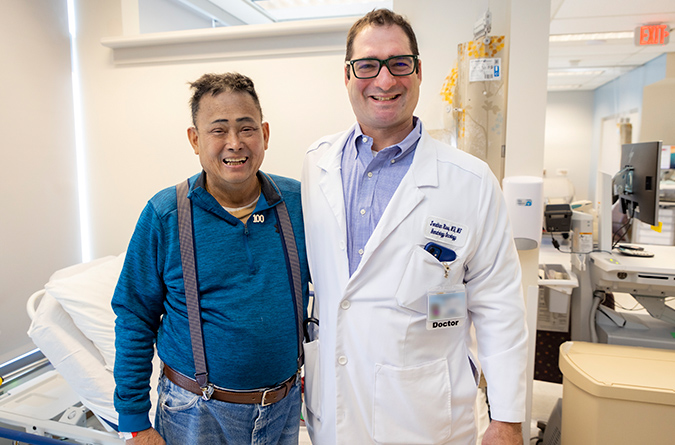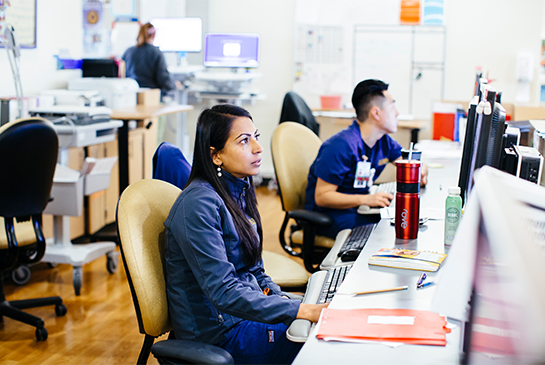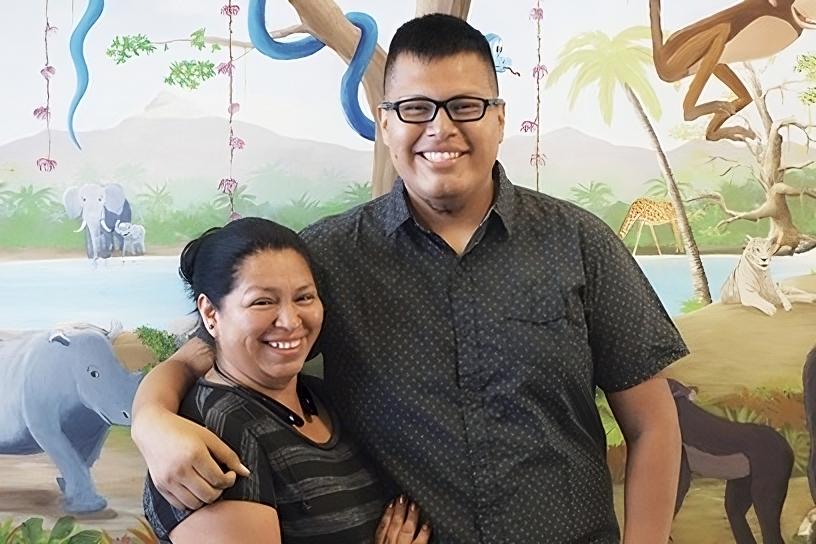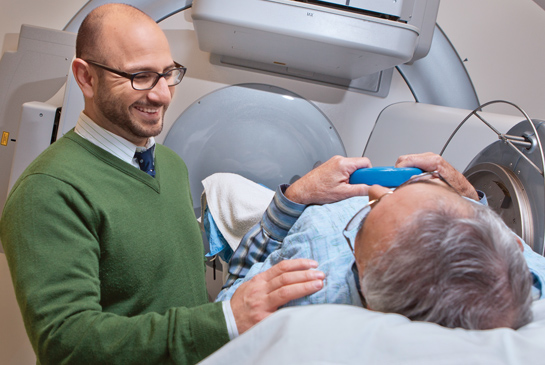Clinical Trials
What Are Cancer Clinical Trials?

A Cancer Clinical Trial: Designed to Answer a Specific Question
For example:
- Is a promising investigational drug effective?
- Does a newly approved drug work even better with an older drug?
- Which is more effective, chemotherapy followed by surgery, or surgery followed by chemotherapy?
Phase I, II, III and IV clinical trials
The U.S. Food and Drug Administration classifies clinical trials according to a sequence of research phases.
- Phase I trials often mark the first time a treatment is given to human subjects after laboratory testing. Phase I trials usually only enlist 25-100 patients.
- Phase II trials determine effectiveness in fighting a specified type of cancer and usually involve 100-300 patients.
- Phase III trials typically involve large numbers of patients, usually hundreds or thousands. A patient receives either the new treatment, or an existing treatment, or a placebo.
- Phase IV trials ask new questions about standard treatments. A Phase IV trial might test how a newly approved drug works together with other effective drugs, or with surgery and/or radiation therapy.
Although clinical trials are intended to validate the safety and efficacy of developmental drugs for population groups at large, they often constitute the best — or perhaps only — life-extending or lifesaving therapy option for many clinical trial participants.
In a cancer clinical trial, no patient goes without treatment if there is any known treatment that could benefit that patient. If it becomes clear during a clinical trial that one treatment is better than another, the trial is stopped and all patients in the trial are offered the more effective treatment. A trial will also be stopped early if an experimental treatment is found to be ineffective or harmful.
The doctors and nurses managing a clinical trial follow a carefully designed treatment plan known as a protocol. The protocol spells out exactly what and why certain procedures will be done, at what intervals, and how patients will be protected by close monitoring.
- All protocols must be reviewed and approved by the Food and Drug Administration (FDA). No changes to the protocol are allowed to be made without consent of the FDA.
- All protocols must be approved by an Institutional Review Board (IRB), which consists of scientists, non-scientists, community and patient advocates.
- In addition, our cancer clinical trials are reviewed and monitored by the National Cancer Institute, the Southwest Oncology Group and other sponsoring organizations and government agencies such as the FDA and the Office for Human Research Protection.
The National Cancer Institute and National Institutes of Health offer information about cancer clinical trials at the following Web sites:
You can also get information about clinical trials by calling the National Cancer Institute's Cancer Information Service at 1-800-4-CANCER.

Contact Information for Clinical Trials
All cancer clinical trials, including Phase I: 916-382-6970 or ocrreferral@ucdavis.edu



